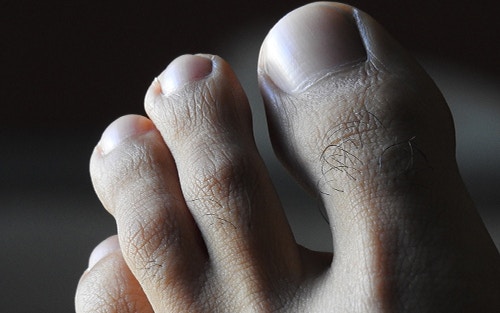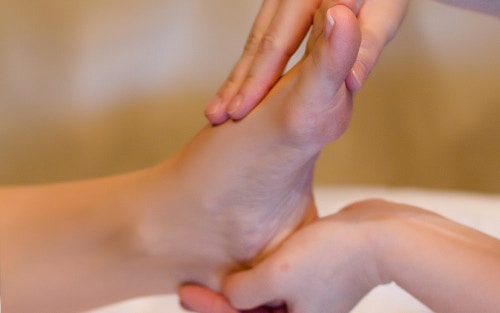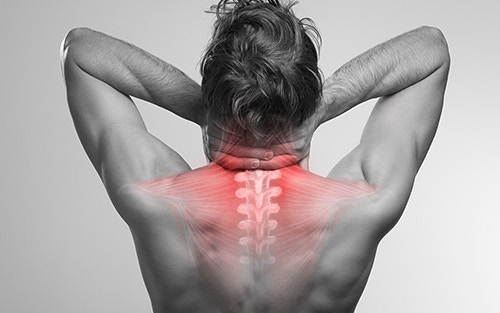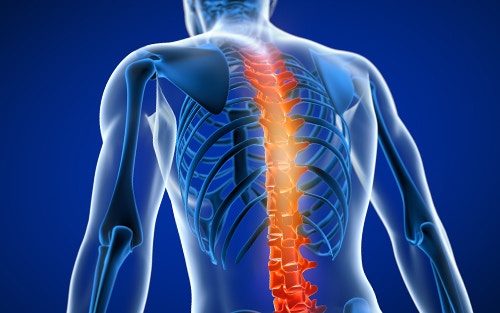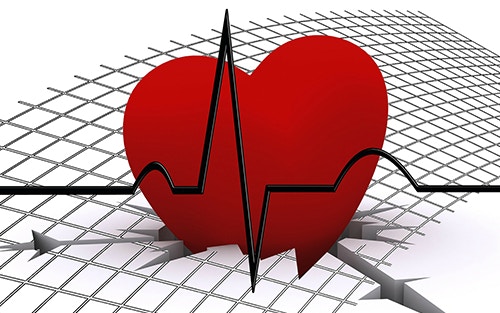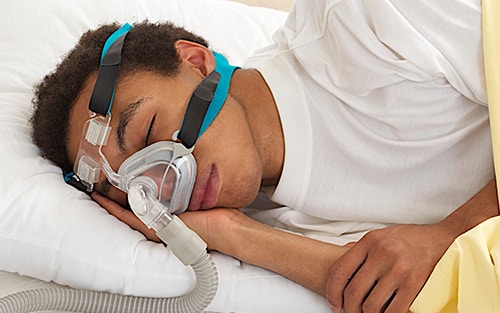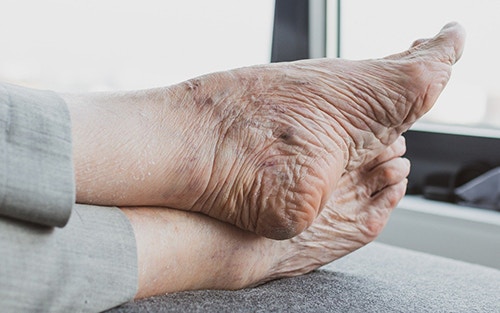Understanding and Improving Foot Health
Need help understanding, improving, and maintaining foot health? Knowing what your feet may be telling you about your body can help prevent severe illness and motivate you to take better care of them. Foot Palace gathered information about how your feet can forewarn you of potential physical issues and how you can significantly improve your … Read More
